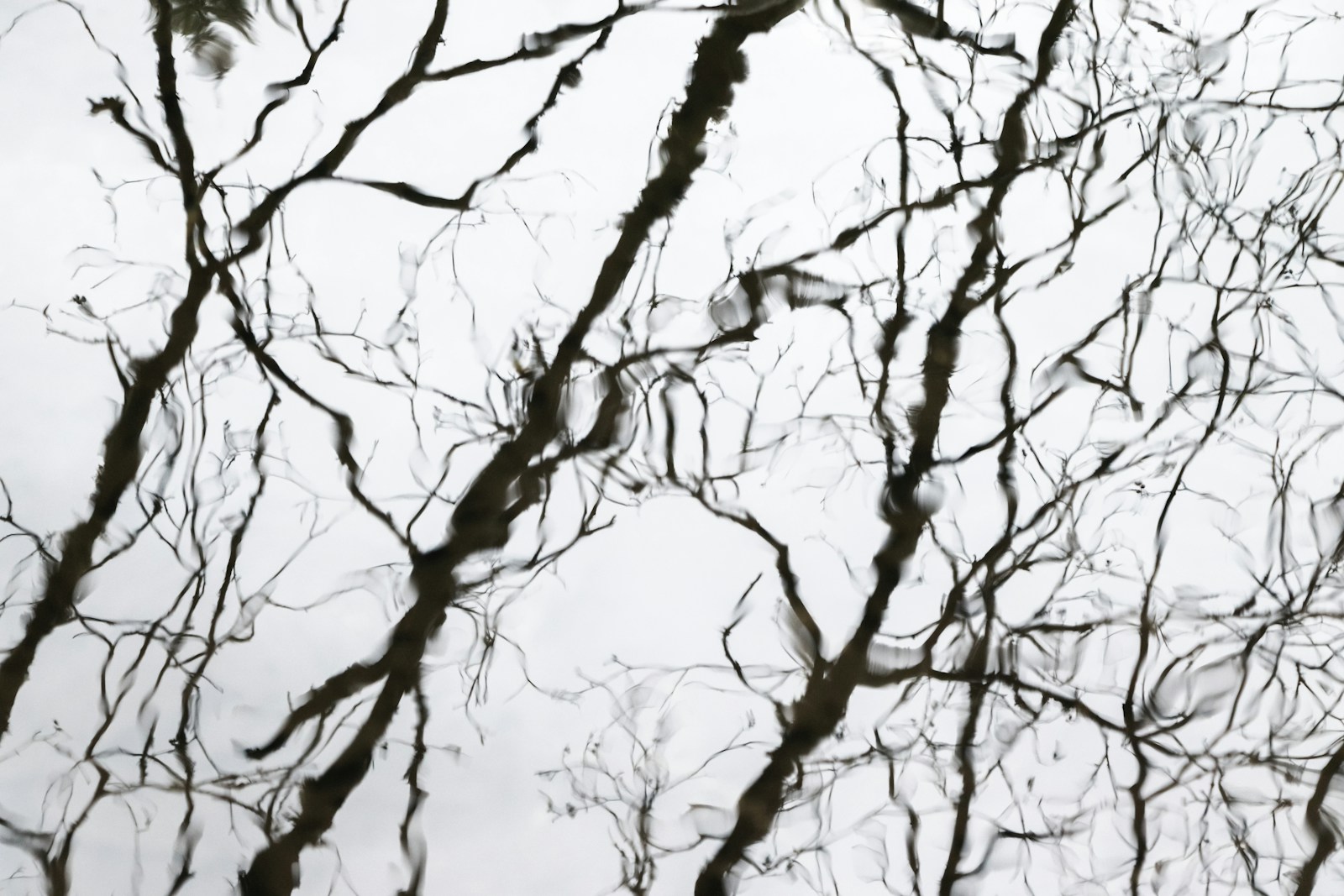
流
liú

flow
In Chinese, '流' (liú) captures the essence of how things move smoothly and continuously in a certain direction, just like 'flow' in English. It is widely used in various contexts, such as '流星' (liú xīng) meaning 'shooting star', with the flow referring to their rapid movement across the sky. Another example includes '流感' (liú gǎn) referring to 'flu' delineating how rapidly and widely the disease can spread.
Example sentences using: 流
他的话语流畅非常。
Tā de huàyǔ liúchàng fēicháng.

His words flow very smoothly.
The context of '流' here denotes the smooth progression or 'flow' of words from someone.
地下水向低处流。
Dìxiàshuǐ xiàng dī chù liú.

Groundwater flows to lower places.
The sentence talks about the movement or 'flow' of groundwater towards lower areas.
江水不断地往东流。
Jiāngshuǐ búduàn de wǎng dōng liú.

The river keeps flowing eastward.
This sentence simply describes an objective fact about the direction that a river flows.
你的眼泪流下来了。
Nǐ de yǎnlèi liú xià lái le.

Your tears are falling.
Tears fall from the eyes when one is crying. In this context, the word '流' represents the action of 'falling' or 'dropping'.
这首歌流传了很久。
Zhè shǒu gē liúchuánle hěn jiǔ.

This song has been spread for a long time.
This sentence means that the song has been disseminated or spread for a long period over a wide area. '流' in '流传' is used to imply 'spreading'.
这河水长年流动。
Zhè héshuǐ chángnián liúdòng.

The river flows all year long.
In this context, '流' is used to describe the constant movement of water in a river.
血液在我们身体中流通。
Xuèyè zài wǒmen shēntǐ zhōng liútōng.

Blood circulates in our bodies.
Here '流' represents the circulation or flow of blood within our bodies.
汗流浃背。
Hàn liú jiā bèi.

Sweat is soaked behind.
It's a traditional Chinese four-character phrase. That means sweat is flowing down the back very much.
小溪潺潺流水。
Xiǎo xī chánchán liúshuǐ.

The brook babbles.
In this Chinese sentence, '流' simply represents the running of water in a brook.
他病了,鼻涕流个不停。
Tā bìngle, bítì liú ge bùtíng.

He is sick and his nose keeps running.
In this context, '流' is used to describe the action of 'running nose'.